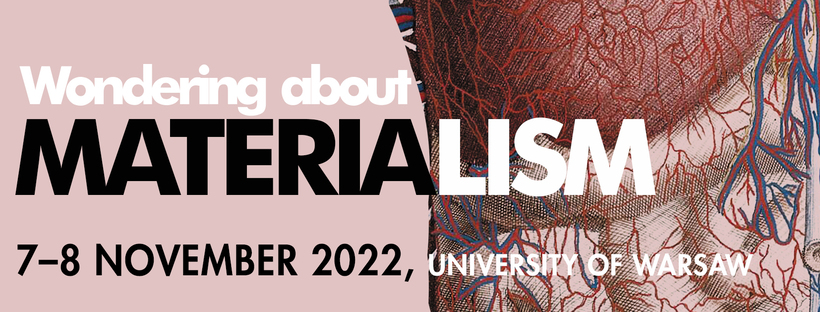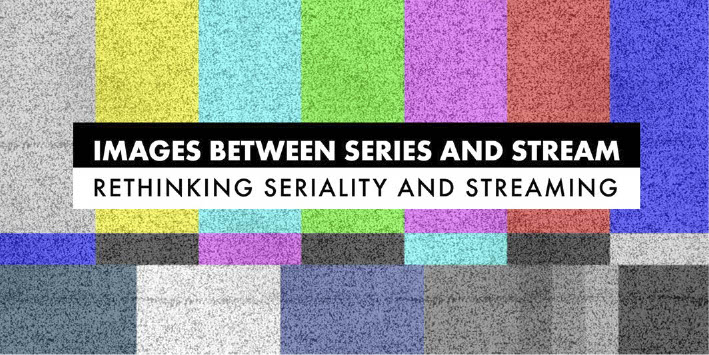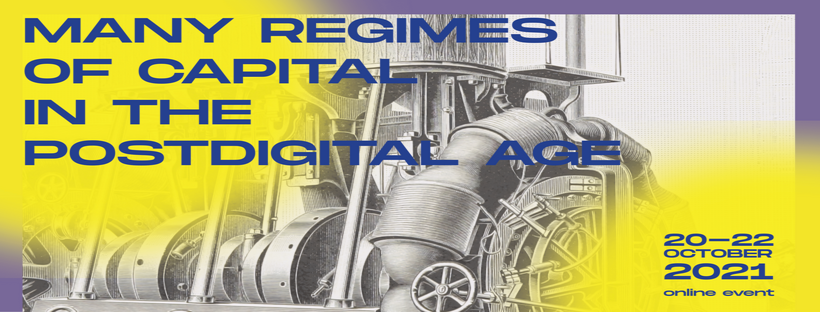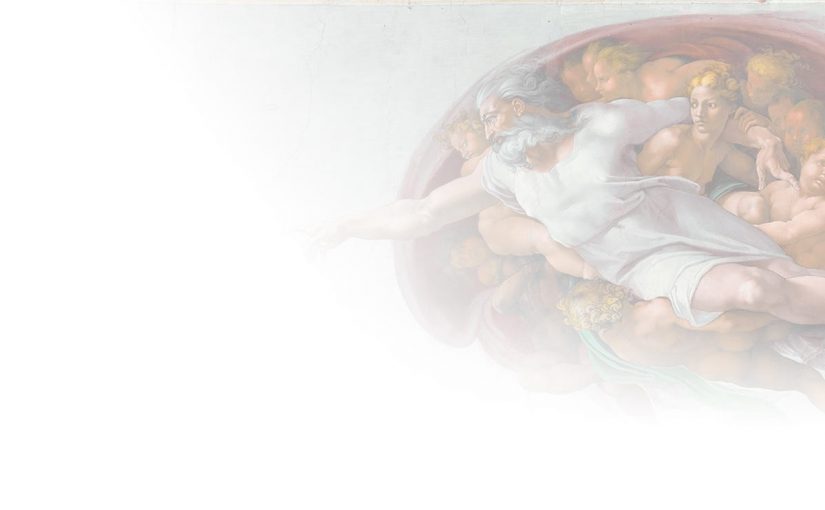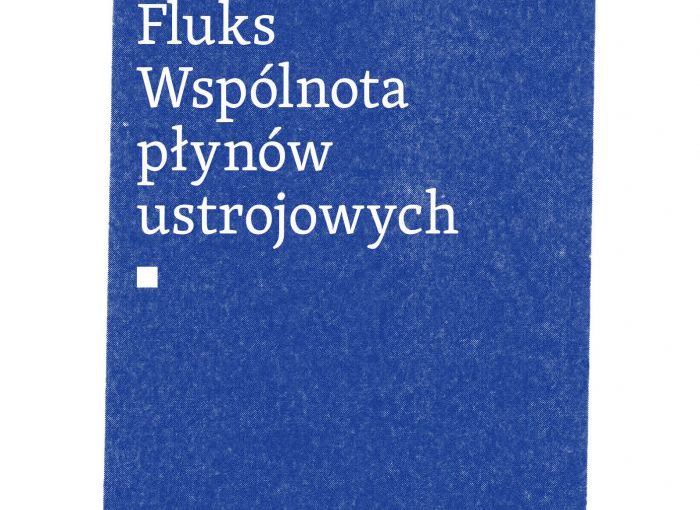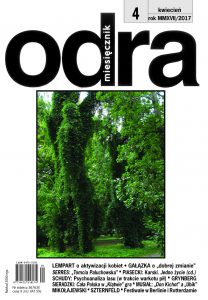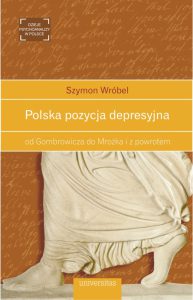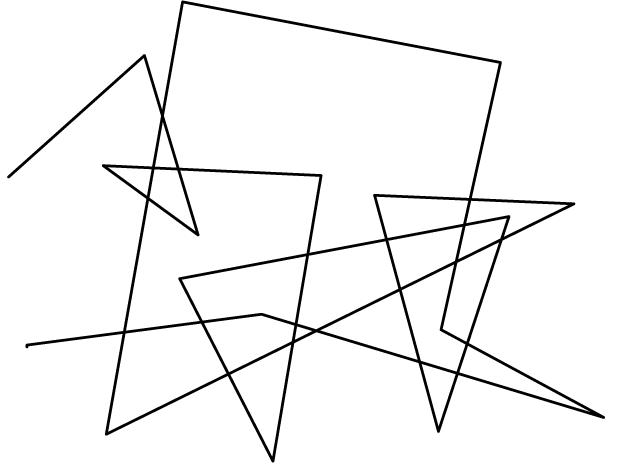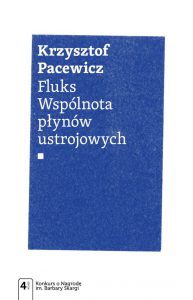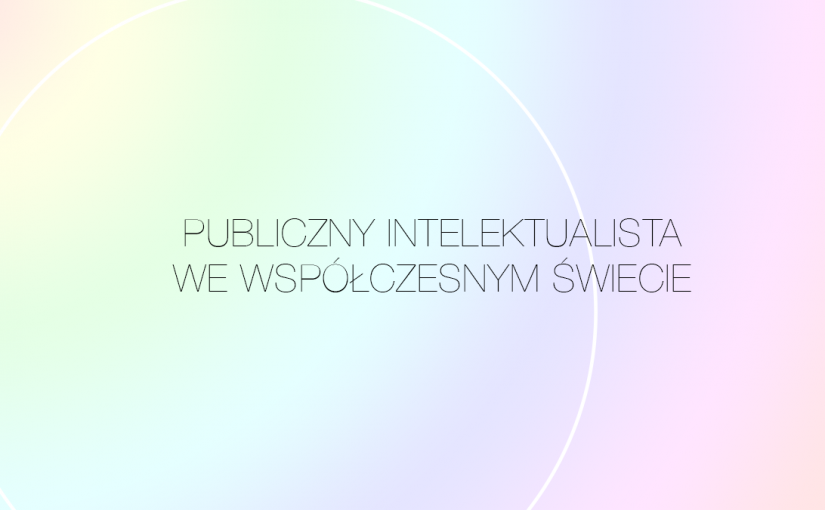Papers and panels are invited for an interdisciplinary conference ‘Wondering about Materialism’, which will take place in Warsaw, 7-8 November 2022. The conference is organized by the Faculty of Artes Liberales at the University of Warsaw (Poland) and is a part of the project Technology and Socialization.
The question – what is materialism today? – seems to be extremely important because we do not have any uniform concept of matter and we do not have a uniform concept of materialism. During the conference, the question about matter will be asked from three perspectives. First, from a historical perspective, we ask: what does it mean to be a “historical materialist”? Is historical materialism possible at all? Perhaps historical materialism is doomed to an alternative: it is either materialism or historicism? What does it mean that “matter” has historical form? Second, what is the relation between matter and information? The physicist John Archibald Wheeler proposed the radical it from bit (all from bit) hypothesis, according to which information underlies all matter, and every „it,” that is, every particle or energy field, is an organization of differences and therefore information. Are we ready to accept this hypothesis? Finally, we ask about the subject in the world of “intelligent matter”. What does it mean that matter is capable for self-organization? What does it mean to be a subject in the word of intelligent matter?
We hope to find answers to these and similar questions or at least clarify them during this conference.
Proposals are welcome on, but not limited to, the following topics:
– Recent constellations of materialist – actor-network theory, new materialisms, speculative realism, and object-oriented ontology – have begun to call into question the continued relevance of cultural materialism. However, is the difference between cultural materialism (holds that subjects are by-products of their respective cultural milieus) and new materialism (emphasizing the moment of being entangled in strictly material conditions of action) politically well-motivated and intellectually credible?
– New materialists understand matter as possessing its own modes of self-transformation and self-organization, which means that matter is no longer a passive, opaque entity but is recognized as constantly forming and reforming in unexpected ways. We most often formulate this diagnosis in the form of the statement that „matter becomes” rather than „matter is”. But what does this mean? And what kind of interpretation should be given to this statement about the becoming of matter?
– If we accept that cultural materialism is an „anti-realist” position (constructivism), the question is: what kind of realism does the new materialism offer us? We would like to rethink the problem of the relationship between materialism and realism. Does being a materialist imply a realistic obligation regarding the existence of objects independent of the will and consciousness of the knowing subject?
– Prior to Kant one of the principal problems of philosophy was to think “substance”, following Kant philosophy has primarily consisted of trying to think “subject”. We ask the question: is the task of philosophy today to link “substance” and “subject”, i.e. to empower substance (Hegel), but also to desubstantialise the subject (Freud)? What is the place of the subject in the new materialism?
– Slavoj Žižek reading Hegel claims that, from the dialectical materialist standpoint, the true formula of materialism is that “material reality is non-all”. But what does it mean? Does it mean not only accepting the incoherent vision of reality, but also the reality which in some sense is always unfinished?
– What kind of materialism do we need? Do we need very consistent, rough, radical materialism without ideas, without rest, but full of fear of mystification, occultism, fear of falling into immaterialism, as it “principle enemy”. Or do we need materialism corrected by something that constantly eludes it, materialism that is uncertain of its status, uncertain of multiple types of being, allowing many forms of being, materialism ready to write such entities into the register of existence?
Presentations are expected to be between 20 and 30 minutes.
Please send abstracts of up to 300 words, attached in a word-document,
with a short bio, to technologyandsocialization@gmail.com by 31 August 2022.
Should you need any further information, do not hesitate to contact us at the same e-mail address. All information related to the conference and the Technology and Socialization project and can be found here. We are looking forward to your participation and to hosting you in Warsaw.
Organizing Committee:
Professor Szymon Wróbel
Dr Krzysztof Skonieczny
Dr Katarzyna Szafranowska
Mgr Adam Cichoń

